The Macro-regional and Sea Basin Strategies Days 2024 held in Brussels on 12-13 June was interesting for at least two reasons. The first one can perhaps be deduced from the name of the event: it was the first time that Macro-regional and Sea Basin Strategies stakeholders assessed together the major developments of the past period. The second one is an important development for civil society organisations: co-hosted by DG Regio and European House Budapest, a workshop was organised on the role and involvement of CSOs in macro-regional strategies.
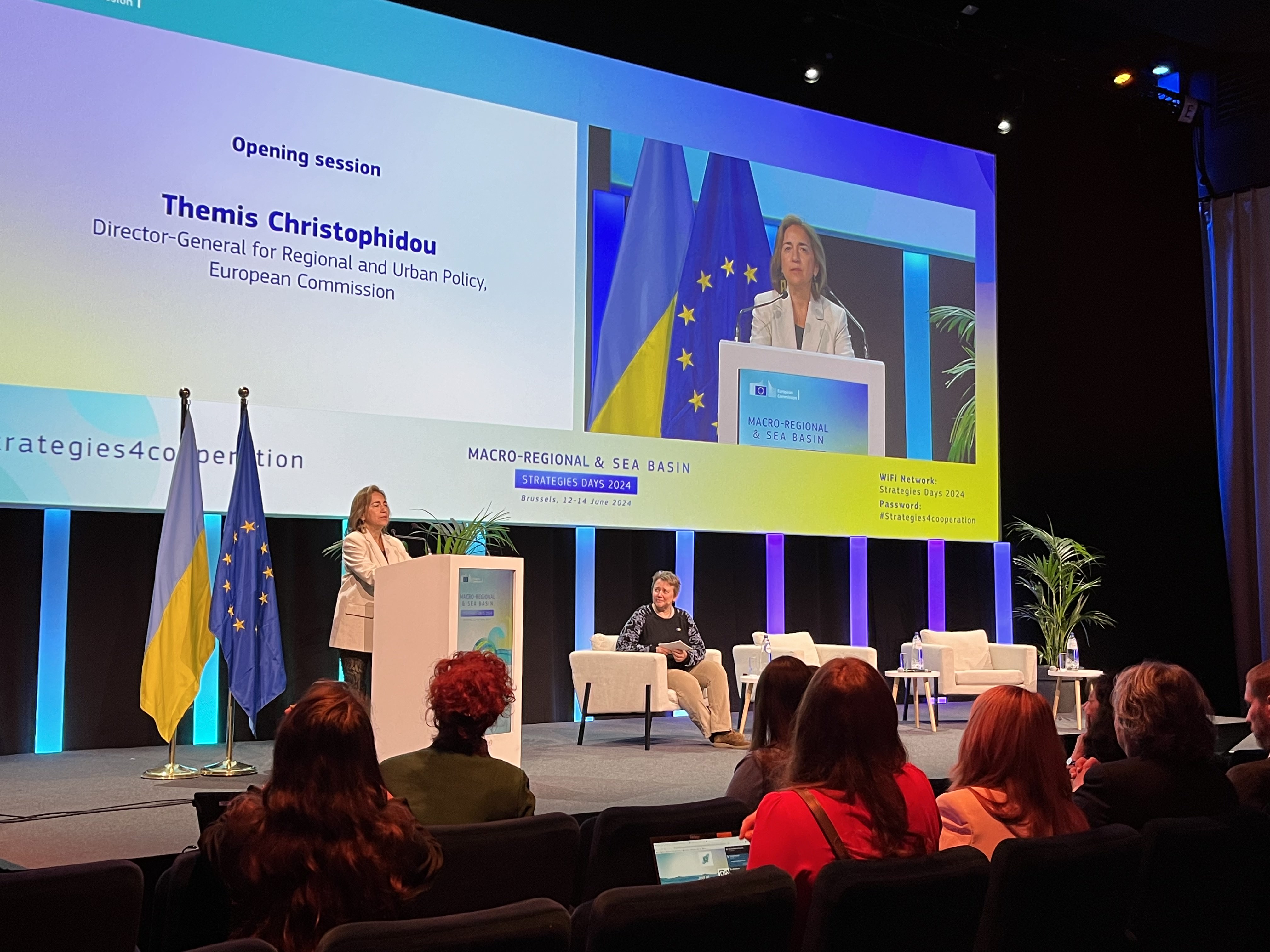
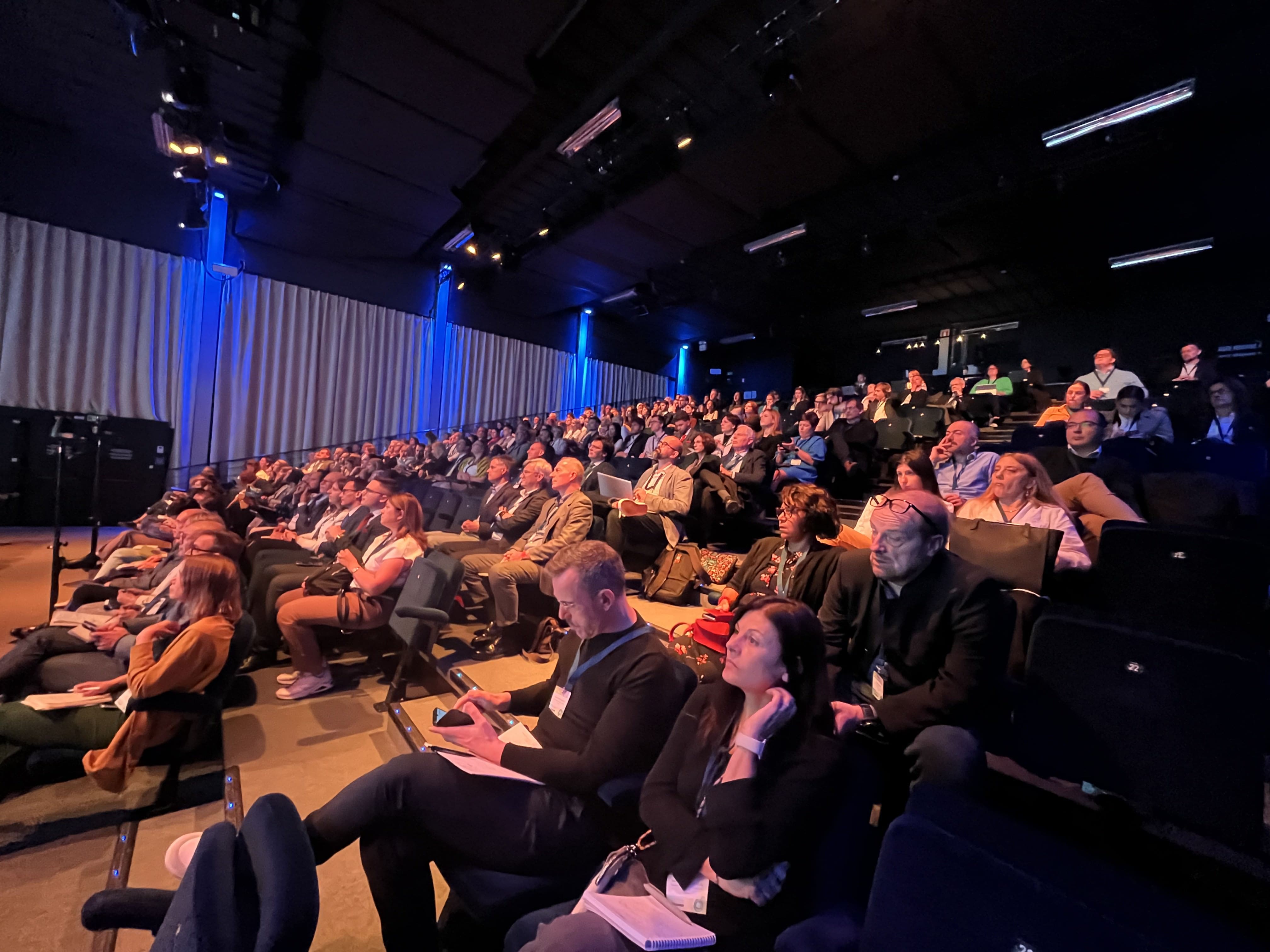
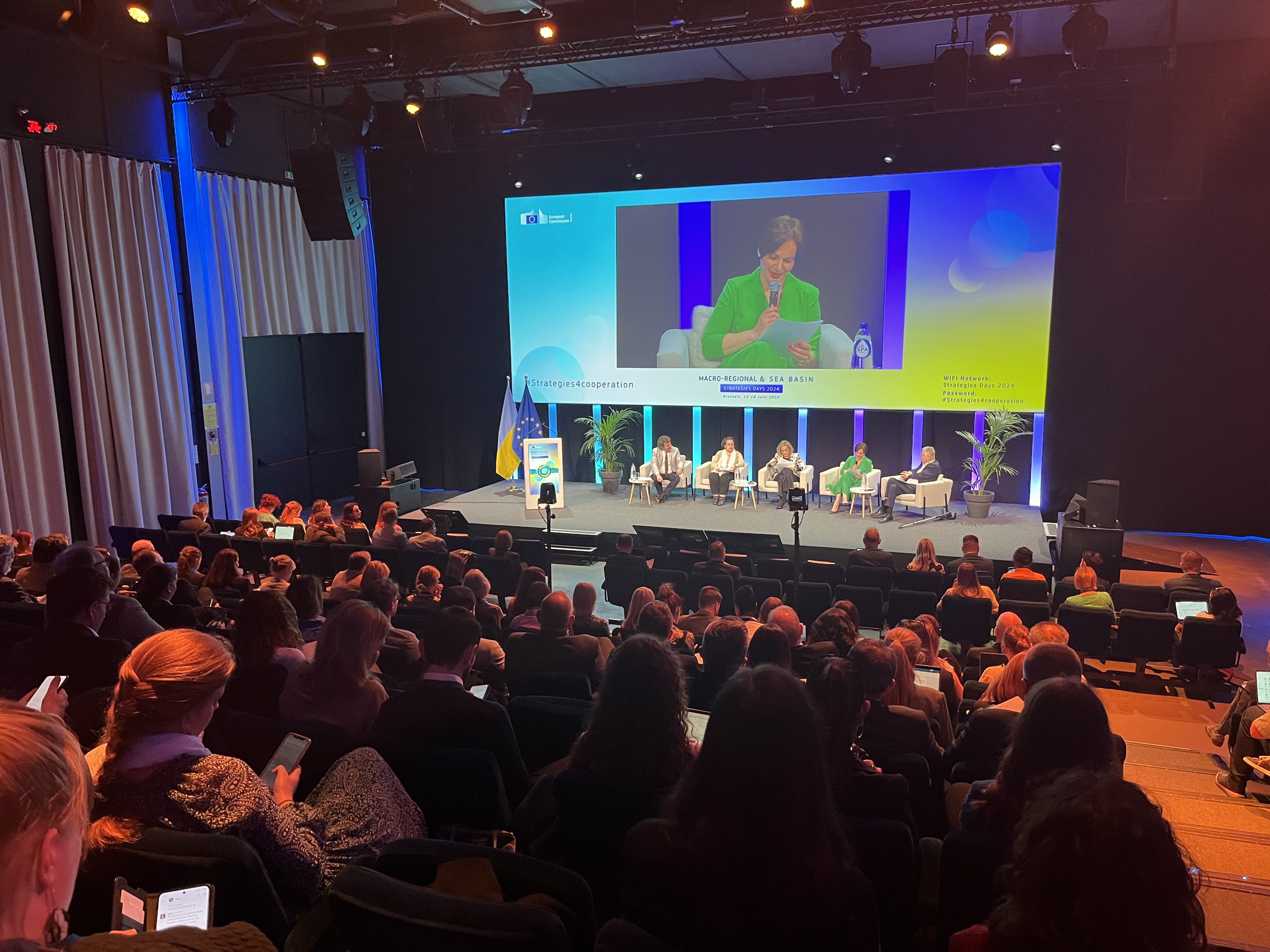

The session was moderated by Gaby Hagmüller from DG Regio, who set the tone by stressing that although macro-regional strategies are top-down initiatives by Member States, DG Regio believes that they cannot be successful without the involvement of local actors, including civil society.
The panel included five experienced speakers coming from the four macro-regions and representing cross-sectoral actors.
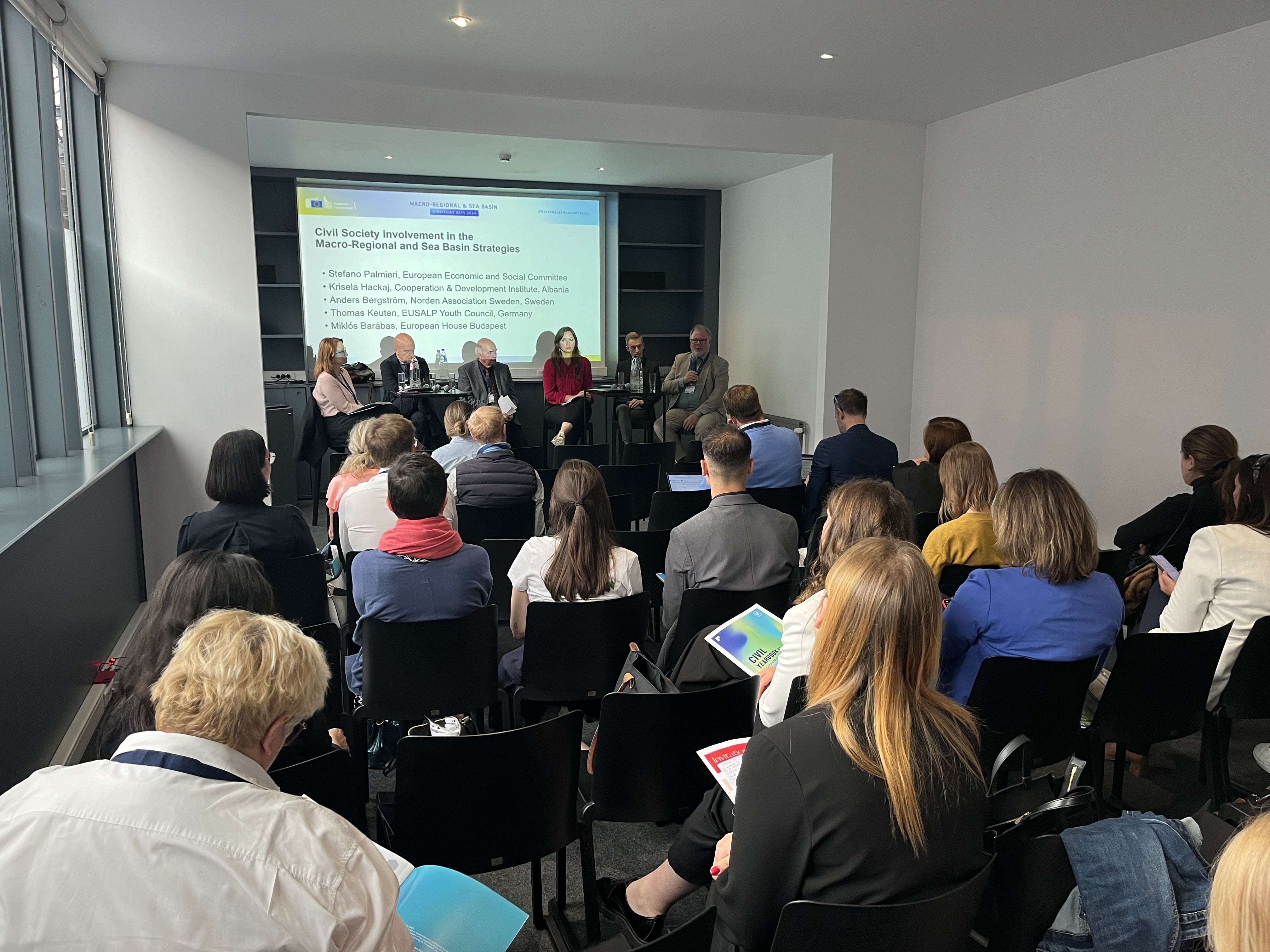
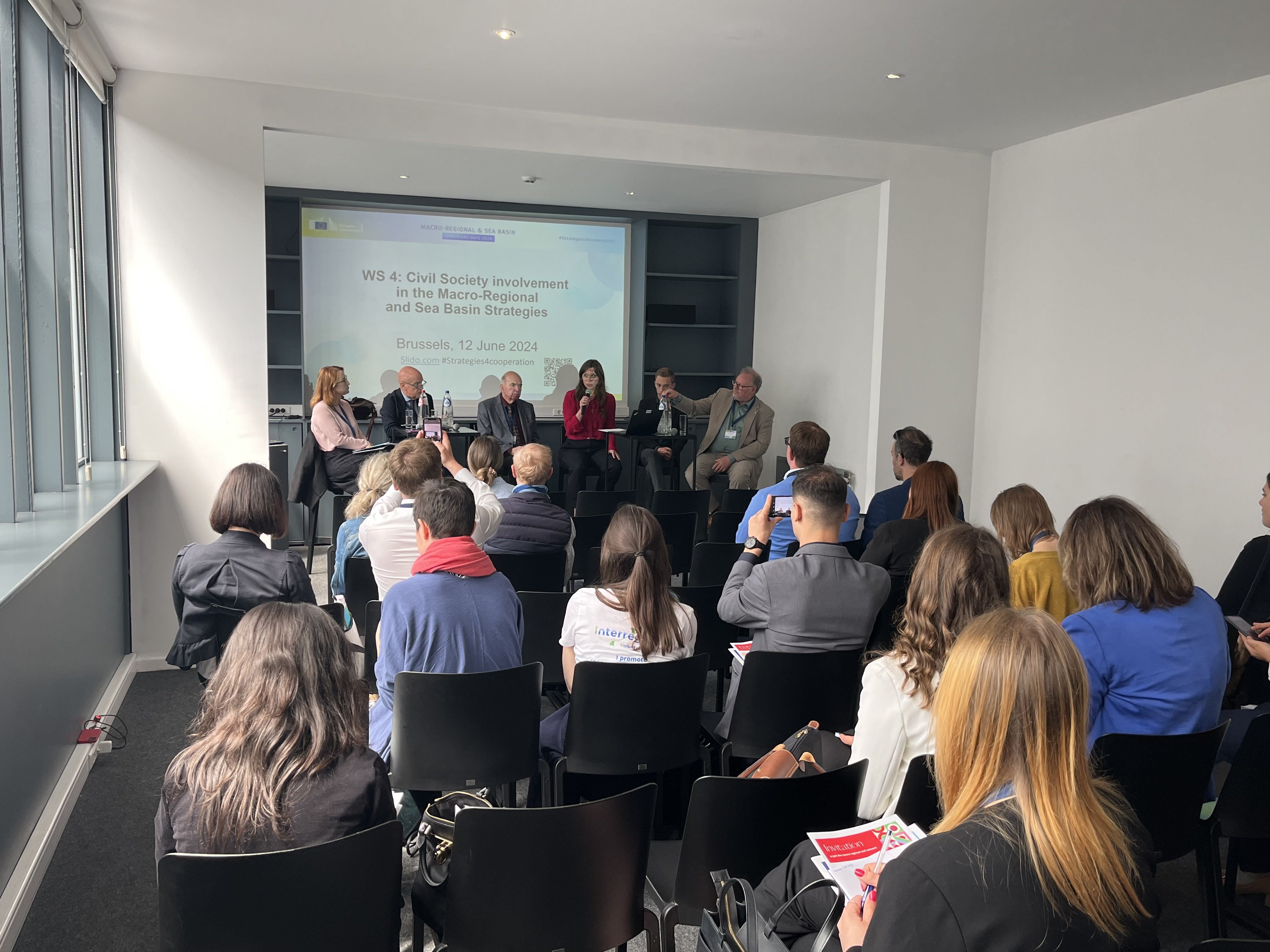
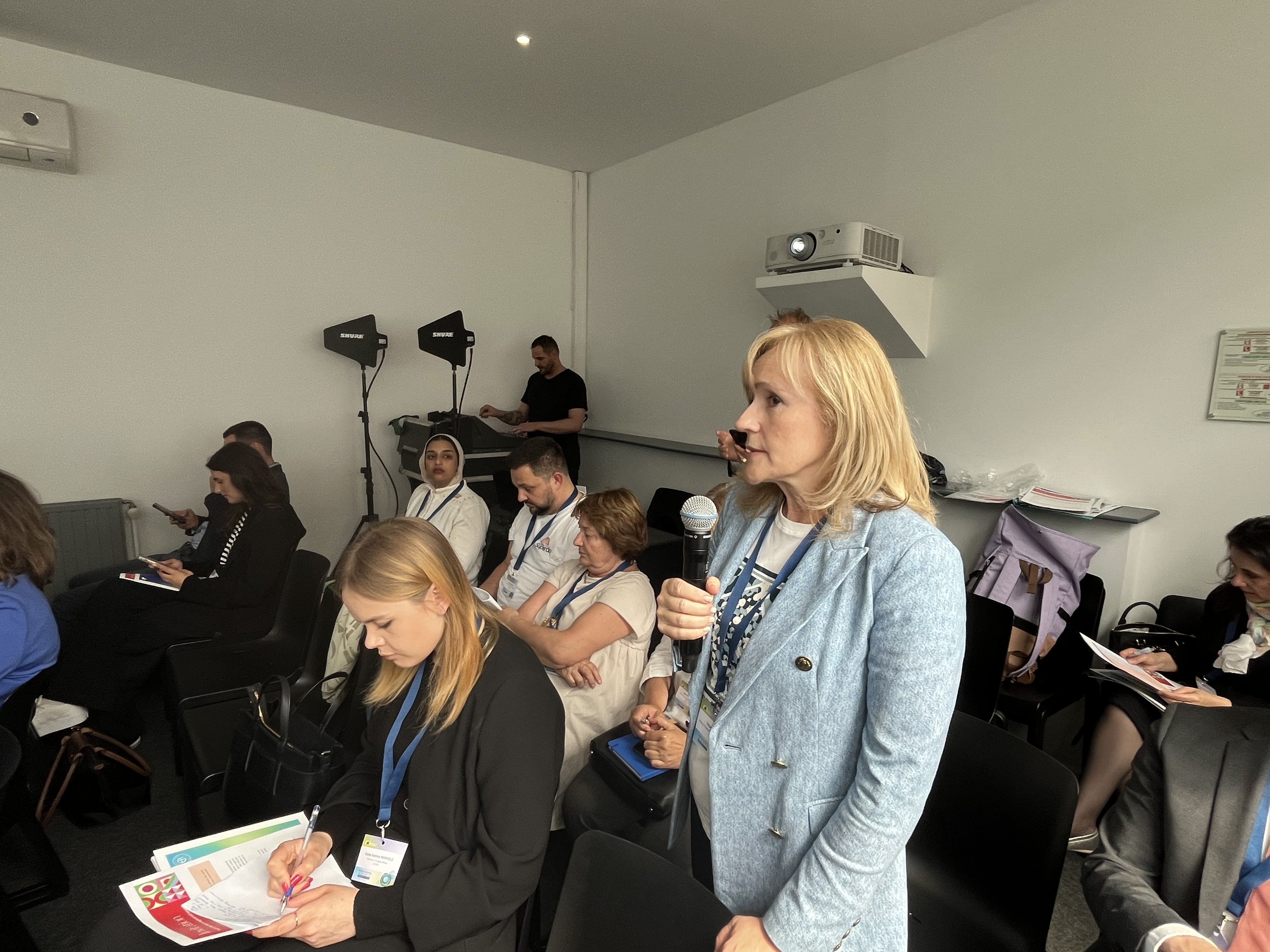
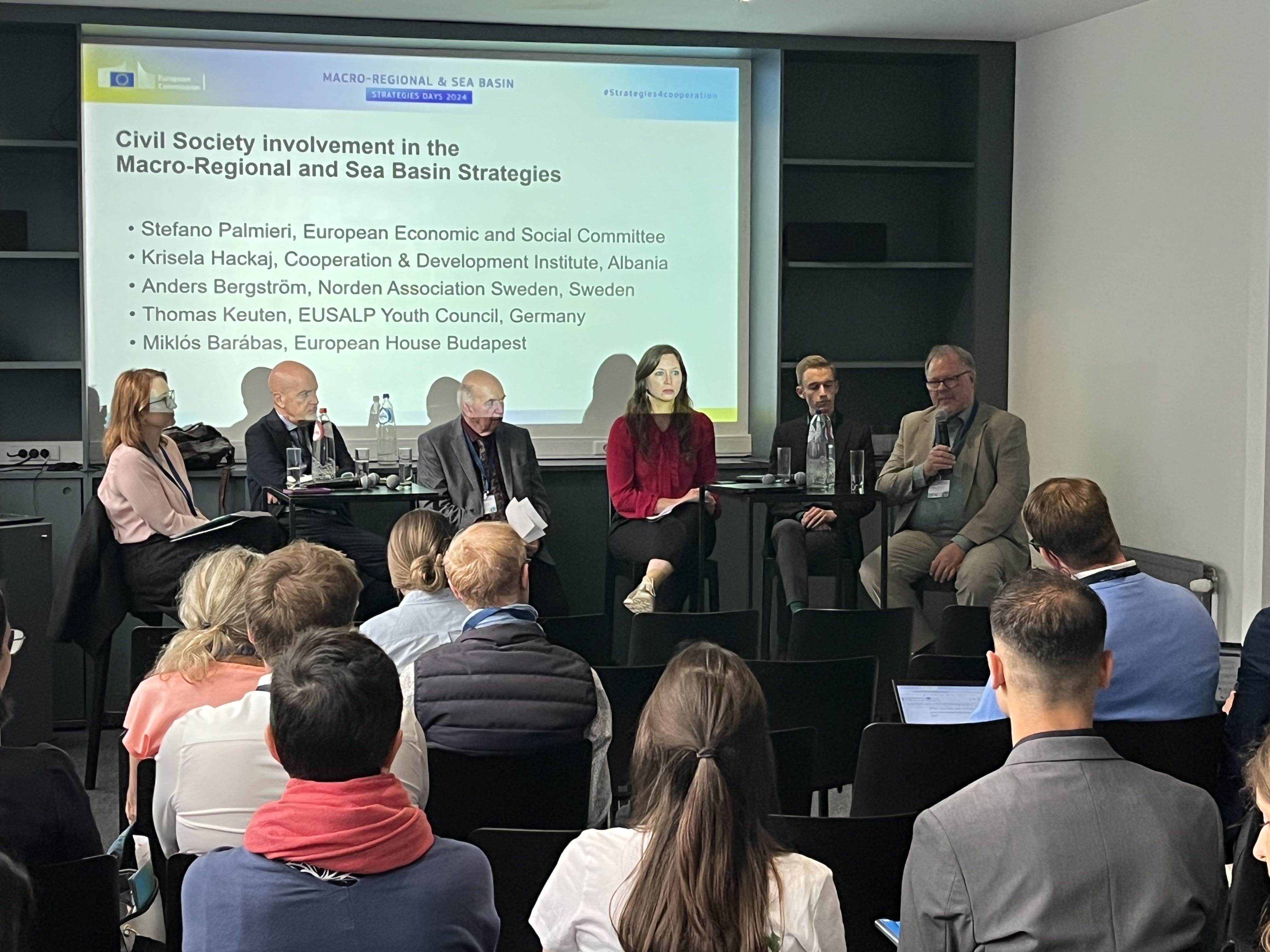
Stefano Palmieri, member of the European Economic and Social Committee underlined that today we can see a rather weak involvement of citizens and CSOs in the macro-regional strategies (MRSs), especially in the governing boards. This question was also underlined in the Opinion on the Implementation of EU macro-regional strategies adopted by the EESC on 14/06/2023.
MRSs are a very good instrument for accession as Member States and candidate countries are treated on equal footing but is must be recognised that the partnership principle between state actors and CSOs is not yet mainstreamed pointed out Krisela Hackaj Executive Director of the Cooperation and Development Institute in Albania. She also added that the shared management principle should be strengthened as it would increase the societal ownership of MRSs.
Anders Bergström is in a unique position: on the one hand, he was speaking on behalf of Norden Association Sweden, a Swedish CSO, and on the other hand, he is the EUSBSR Pillar Coordinator for Education. His experience shows that it is key to engage all stakeholders but sitting in a steering group should not be the ultimate goal for CSOs. In his view there is a growing demand of cooperation but we need more tailor-made funding and less bureacracy. His honest advice for CSOs? Contact your thematic coordinator, be proactive, get involved.
Macro-regional strategies represent more than 300 million citizens in Europe, thus it is a challenge to represent the different views especially young people said Thomas Keuthen, German member of the Alpine Youth Council. Nothing showed Thomas’ maturity better than when he underlined that cooperation among stakeholders and coordinated actions of CSOs and youth takes time. We should all be patient and build on existing best practices. [For Thomas’s personal take on the event, please check his linkedin page.]
As co-host and initiator of the workshop Miklós Barabás, Director of European House Budapest summarised that involving people from the ground is essential for the success of MRSs but not only when it comes to implementation, also in the policy-making processes. It should be seen as a process. As part of this development, he presented a new initiative to bring together CSOs from the four macro-regions in the form of a network.
All in all, two things can be said: it was a very important development that the workshop on the role of civil society was an integral part of the Strategies Days. It was not held before or after the event, but as part of the official programme and the prevailing atmosphere was definitely positive and encouraging. The other important result was that none of the stakeholders questioned the importance of involving civil society organisations in the MRSs processes. The question was rather how. The recently created network, co-ordinated by European House Budapest, which brings together CSOs from the four macro regions, will assist this process.
As a final comment, it was refreshing to see the openness of DG Regio and its staff on the issue of civil society involvement in the macro-regional strategies. They have set a good example to other state actors.
The Macro-regional and Sea Basin Strategies Days 2024 was closed by Elisa Ferreira, Commissioner for Cohesion and Reforms who also gave the macro-regional strategies’ stakeholders five assignments to work on: (1) digitalisation, (2) enlargement, (3) continue to work on partnerships and involve more non-state actors, (3) embedding as political support should be followed by action and improved governance and last but not least (5) putting more efforts to make the Strategies more visible.
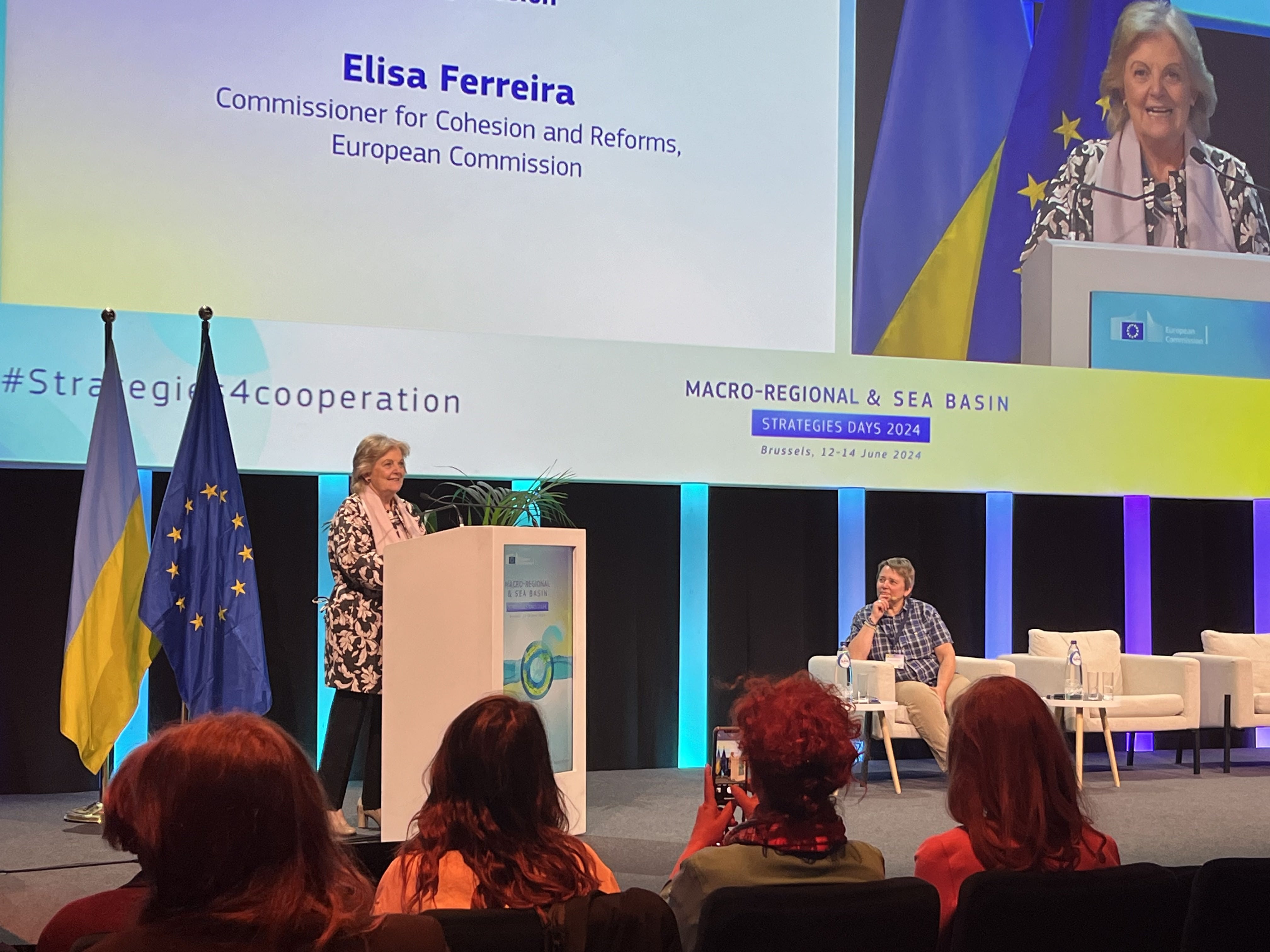
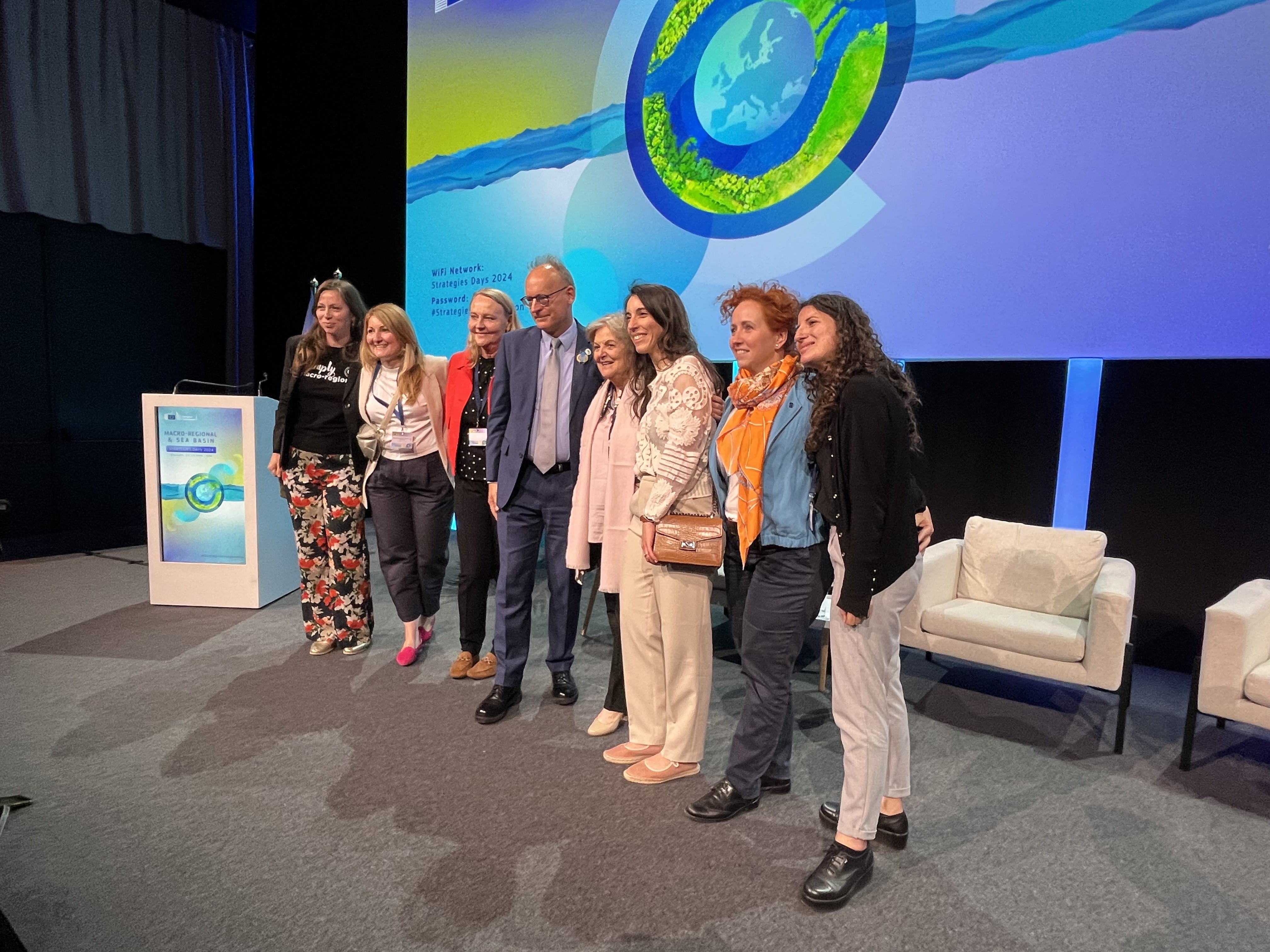
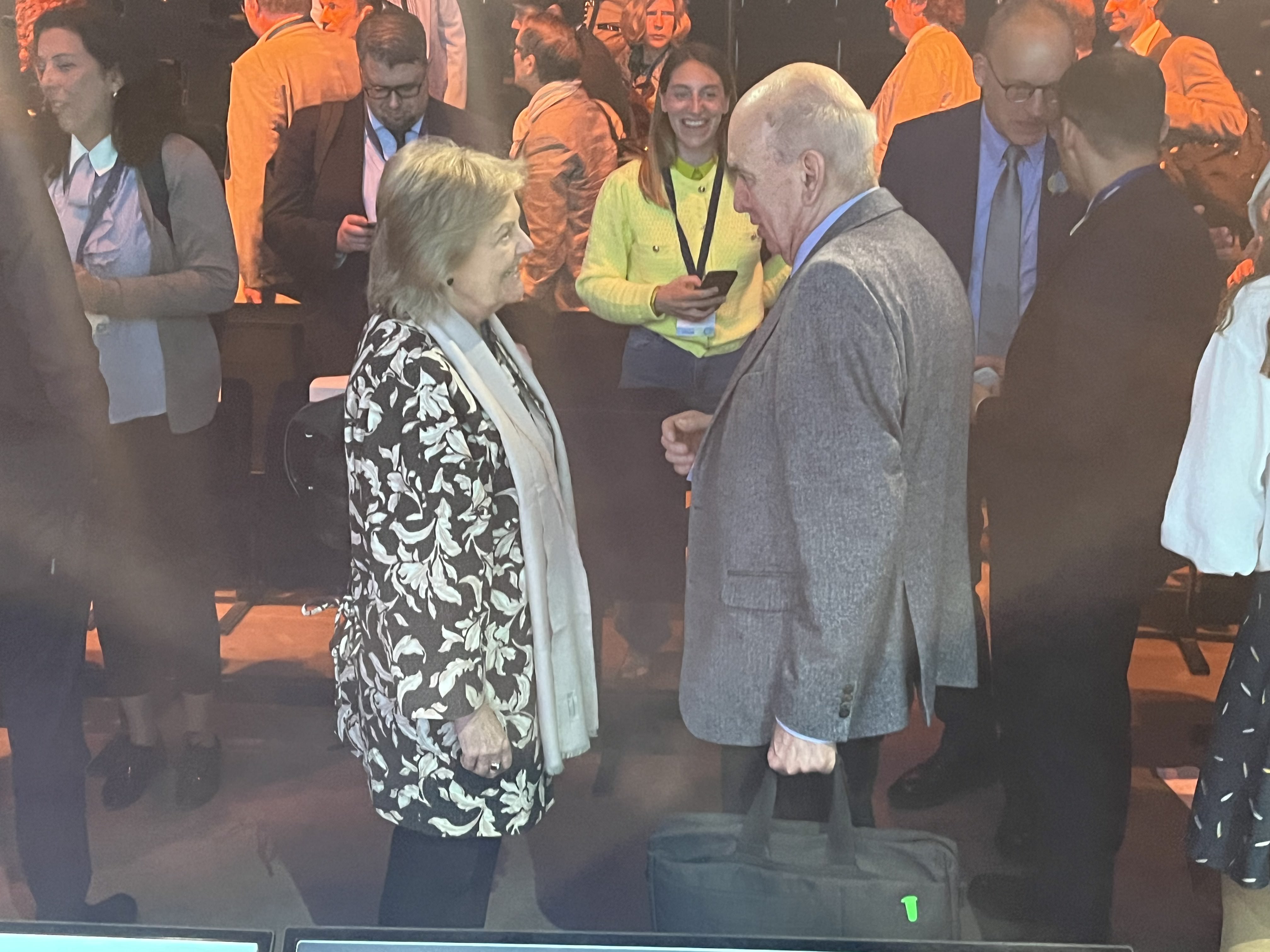
We definitely take the assigments serious and continue to work on these points, in particular on issues related to involving non-state actors and visibility.
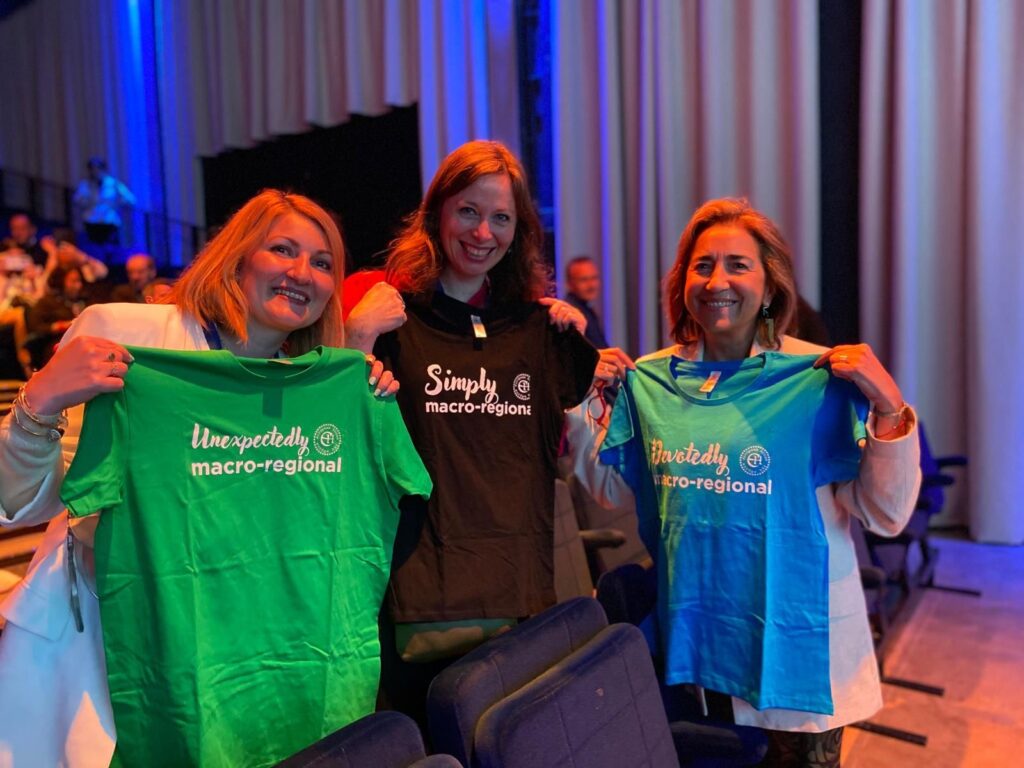
For reports of the Macro-regional and Sea Basin Strategies Days 2024 please visit the official site of the event.